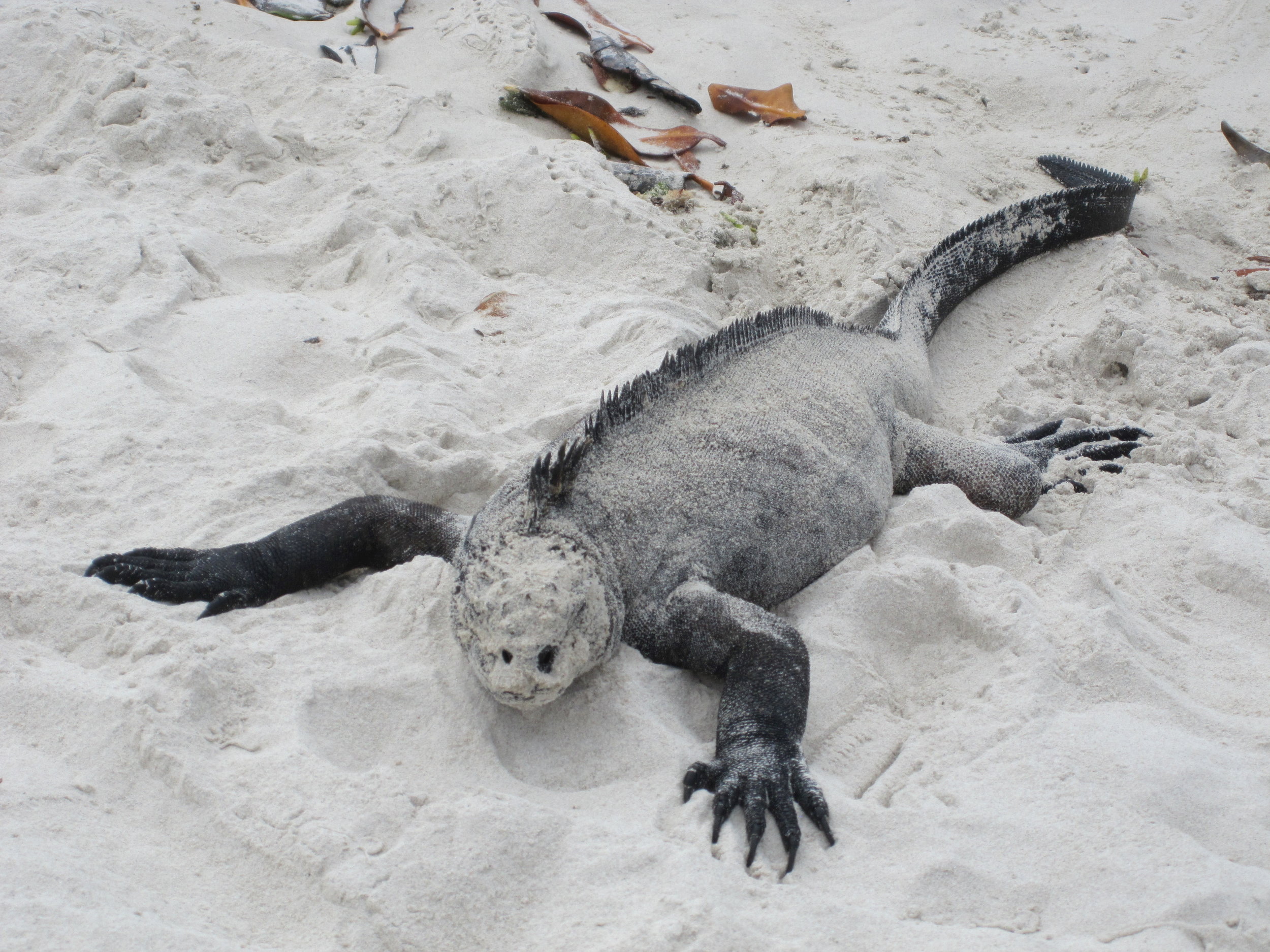JOIN THE LAB
I am not currently expecting to recruit any new students to the lab for Fall 2024. This is in part because our department has limited funds to support new students. If you are fortunate to bring your funding I’m happy to connect about opportunities that might ext. If you are interested in applying in the future, the following is intended to offer you insight into whether my lab is a good fit for you, your research interests, and career goals. Read the information below and please apply if you are interested.
Scientific Fit
Make sure you find the right size shell
If you are interested in our lab please first read some of our papers. I suggest Stier et al. 2017 (Conservation Letters; PDF), Ingeman et al. (Science, PDF), Stier et al. 2014 (Nature Communications; PDF), and Stier et al. 2013 (Ecology; PDF) to get a better understanding of the questions I ask, the methods I use, and my research philosophy. Much of my previous work has focused on coral reefs and the population and community ecology of Pacific Herring; however, I am particularly excited to recruit new students who are interested in nearshore ecology of coastal California where the EEMB and MSI group at USCSB are woven together with the Santa Barbara Coastal LTER.
If you are still interested in joining the lab after reading through this information, please e-mail me (astier@ucsb.edu) to introducing yourself and attach (1) a CV or tell me a little about yourself (2) a written statement (one paragraph) that details the following: (a) current research experience and interests/ideas (be specific and tell me what type of questions excite you, what research experience you have or what interests you, (b) your idealized career goals after completing a graduate degree (could be anything), and (c) why you are considering working with me as an advisor.
Mentoring Style
I'll do my best to keep the sand out of your eyes
A dedicated graduate mentor can make an enormous difference in the PhD experience. I take the role of graduate mentorship seriously and acceptance into the lab is an implicit contract. I will offer a realistic amount of my time to help guide you as you learn key skills of a successful scientist including: the scientific method, experimental design, field ecology, critical thinking, reading, writing, mentoring, and public speaking. In exchange, my expectation is that you will bring independence, a steadfast work ethic, fortitude in the face of failure and adversity, insatiable curiosity for the way the world works, creativity, collegiality, and an ability to have fun.
Graduate school is a period of growth, and as a student grows, their mentors must also adapt by in their mentoring style. To promote this growth, my approach is to work closely with a student early on and collaborate on an initial project where we will together take a study from the conception of an idea to the publication of a paper. This project is meant to foster a sense of familiarity with the scientific process and currency (publications). After this initial year, I expect students to gradually become more independent over the next few years, such that they are fully prepared for their career. While I expect students will likely be interested in similar questions as the lab, students in the lab will never be “given” a project for their PhD. Instead i will offer an environment where they can independently develop their ideas and succeed as creative scientists.
Lastly, I expect my students to value constructive criticism and seek diverse scientific input. My approach to science is highly collaborative, and I expect my students to share a spirit for interaction in the lab and at department/lab socials. I expect students to attend departmental seminars, other seminars, and reading groups. My emphasis is not on grades, but in learning the trade. In particular I encourage students to combine multiple methods including field, lab, observational, statistical, and analytical/mathematical approaches to answer key ecological questions.
Funding
Graduate school is great, but make sure there's food on the table
Students at UCSB can be supported from a variety of sources including university fellowships, teaching assistantships, their own grants/fellowships, and my research grants. The EEMB department at UCSB works closely with our graduate students to make sure they have adequate funding. Additional details on the application process in the Ecology Evolution, and Marine Biology Department can be found here.
LOCATION
After we have a discussion over video chat (Zoom), if we hit it off we'd be happy to host you to visit. We are located at the University of California Santa Barbara in the Ecology, Evolution, & Marine Biology Department (EEMB). UC Santa Barbara is among the leading institutions of higher learning in the United States. Our department is among the most productive in the country and is a member of UC Santa Barbara, which ranks among higher-education leaders in the United States and Canada as one of only 63 research-intensive institutions elected to membership in the prestigious Association of American Universities.


